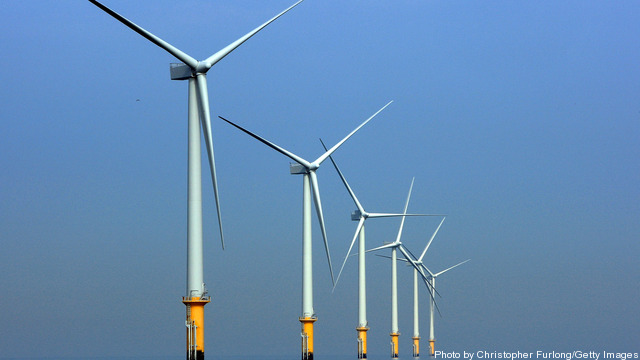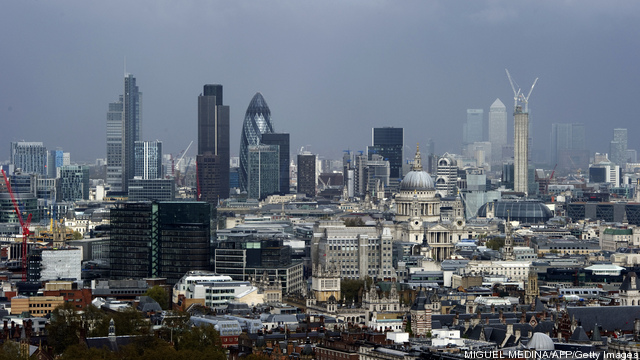
Over the past 18 months, renewable energy has often been the subject of regular attacks in the media, on often shaky grounds, arguing that renewables are and will always be too expensive, they don’t work and people don’t like renewable energy anyway. However, these attacks are at odds with what’s actually happening on the ground.
Not only do the results of the Global Consumer Wind Survey that has just been released by Vestas and TNS show that an increasing number of consumers want renewable energy, there have also been some very positive developments of late on the costs of these technologies. Whilst the cost of many renewable technologies are still high, several technologies like onshore wind and solar PV are rapidly reducing in costs (by 50% alone in 2011 for solar PV according to the Pew Centre) and many other less mature technologies like offshore wind could soon follow this trend. Keep reading →



 Organic Rankine Cycle Biomass Power System
Organic Rankine Cycle Biomass Power System



